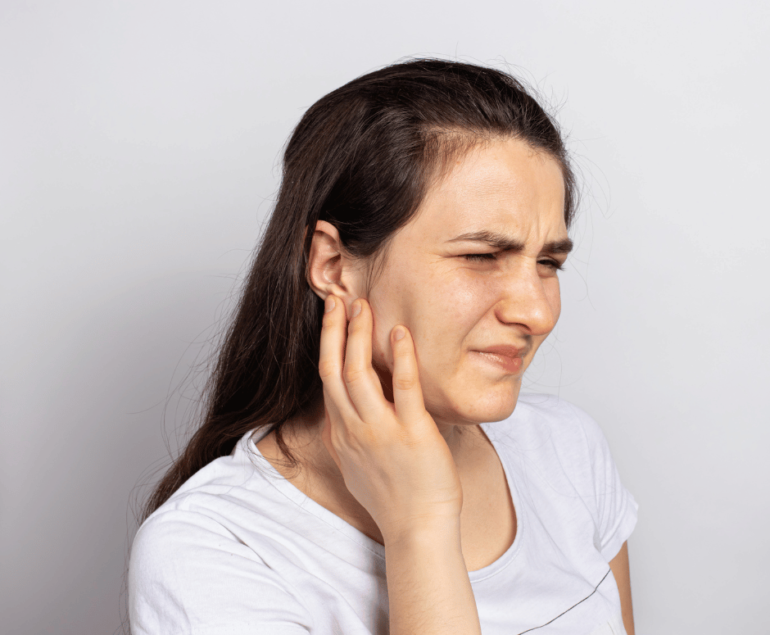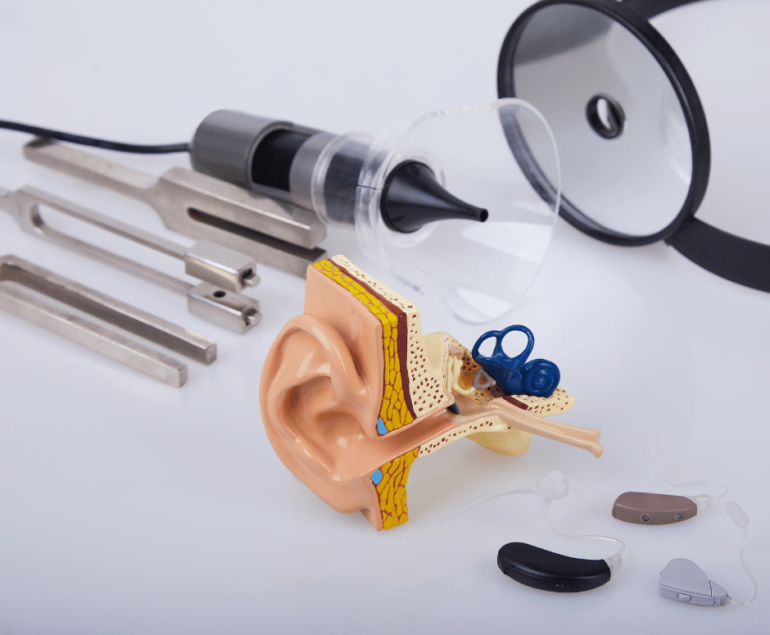Regular physical activity is essential for maintaining overall health and well-being. As an ENT surgeon, I often emphasize the significance of exercise not only for general fitness but also for the health of the ears, nose, and throat (ENT). In this article, we’ll explore how exercise and physical activity can positively impact ENT wellness and what steps individuals can take to incorporate fitness into their daily routines.
Introduction to ENT Wellness
ENT wellness refers to the health of the ears, nose, and throat, which are interconnected systems crucial for various functions such as hearing, breathing, and swallowing. Conditions affecting the ENT system can significantly impact an individual’s quality of life, highlighting the importance of preventive measures and lifestyle choices.
Importance of Exercise and Physical Activity
Benefits for Overall Health
Regular exercise offers numerous benefits, including improved cardiovascular health, increased strength and flexibility, weight management, and stress reduction. These benefits extend beyond physical health to encompass mental well-being, with exercise being linked to reduced anxiety and depression.
Specific Benefits for ENT Wellness
In addition to its general health benefits, exercise plays a vital role in promoting ENT wellness. By enhancing circulation and immune function, exercise can help prevent common ENT conditions such as ear infections, sinusitis, and allergies. Furthermore, physical activity can alleviate symptoms associated with these conditions, leading to improved overall comfort and function.
Common ENT Conditions
ENT conditions can range from mild nuisances to chronic disorders requiring medical intervention. Among the most prevalent ENT issues are ear infections, sinusitis (inflammation of the sinuses), and allergies. These conditions can cause discomfort, affect hearing and breathing, and impact daily activities.
How Exercise Impacts ENT Health
Improving Immune Function
Regular exercise is known to boost the immune system, reducing the risk of infections and enhancing the body’s ability to fight off pathogens. By strengthening immune defenses, exercise can help prevent recurrent ear infections and sinusitis, which are often triggered by bacterial or viral pathogens.
Enhancing Blood Circulation
Good blood circulation is essential for delivering oxygen and nutrients to the cells throughout the body, including those in the ENT system. Exercise improves blood flow, ensuring adequate oxygenation and nutrient supply to the ears, nose, and throat tissues. This increased circulation supports tissue repair and regeneration, contributing to overall ENT health.
Reducing Stress and Inflammation
Chronic stress and inflammation can exacerbate ENT conditions such as allergies and sinusitis. Exercise acts as a natural stress reliever, triggering the release of endorphins—feel-good hormones that promote relaxation and reduce inflammation. By lowering stress levels and inflammation, exercise helps alleviate symptoms and may prevent the onset of ENT problems.
Types of Exercises for ENT Wellness
Different types of exercises offer unique benefits for ENT wellness. While cardiovascular exercises improve heart health and circulation, strength training enhances muscle tone and endurance. Yoga and stretching exercises promote flexibility and relaxation, making them particularly beneficial for individuals prone to stress-related ENT issues.
Precautions and Tips
Protecting Ears During Exercise
Exposure to loud noises during exercise, such as those from gym equipment or outdoor activities, can damage the delicate structures of the inner ear and lead to hearing loss. It’s essential to use ear protection, such as earplugs or earmuffs, when participating in noisy activities to prevent potential damage.
Managing Allergies and Sinus Issues
For individuals with allergies or sinus problems, exercising outdoors may exacerbate symptoms due to exposure to allergens or pollutants. To minimize discomfort, it’s advisable to check air quality forecasts and avoid outdoor exercise during peak pollen or pollution levels. Additionally, using nasal saline sprays before and after exercise can help alleviate nasal congestion and promote sinus drainage.
Incorporating Physical Activity into Daily Routine
Setting Realistic Goals
Start by setting achievable fitness goals based on your current level of activity and health status. Gradually increase the intensity and duration of exercise as your fitness improves, aiming for at least 150 minutes of moderate-intensity aerobic activity per week, as recommended by health guidelines.
Finding Enjoyable Activities
Engaging in activities you enjoy increases the likelihood of sticking with an exercise routine long-term. Whether it’s swimming, hiking, dancing, or cycling, choose activities that you find enjoyable and fulfilling. Experiment with different forms of exercise to discover what works best for you and fits into your lifestyle.
Case Studies and Success Stories
Sharing real-life examples of individuals who have experienced improvements in ENT health through regular exercise can inspire and motivate others to prioritize physical activity. These success stories highlight the tangible benefits of exercise, from reduced ear infections to improved sinus function and overall well-being.
Conclusion
Incorporating regular exercise and physical activity into your lifestyle is essential for maintaining optimal ENT wellness. By improving immune function, enhancing circulation, and reducing stress and inflammation, exercise plays a crucial role in preventing and managing common ENT conditions. Whether it’s cardiovascular exercises, strength training, or yoga, finding enjoyable activities and staying consistent with your fitness routine can lead to lasting improvements in ENT health.
FAQs
- Can exercise worsen existing ENT conditions? Regular exercise is generally beneficial for ENT health, but individuals with specific conditions should consult their healthcare provider for personalized recommendations.
- How often should I exercise to support ENT wellness? Aim for at least 150 minutes of moderate-intensity aerobic activity per week, along with strength training exercises two or more days a week.
- Are there any specific exercises recommended for improving sinus health? Yoga poses such as downward-facing dog and child’s pose can help promote sinus drainage and alleviate congestion.
- Can allergies affect my ability to exercise outdoors? Yes, allergies can exacerbate symptoms during outdoor exercise, but taking precautions such as using nasal saline sprays can help minimize discomfort.
- Is it necessary to consult a healthcare provider before starting a new exercise regimen? If you have underlying health conditions or concerns, it’s advisable to seek guidance from a healthcare professional to ensure that your exercise plan is safe and appropriate for your needs.
About Author:
Dr. Vivek Kumar Pathak: Renowned ENT Surgeon, Senior Professor, and Founder.
Dr. Pathak, ENT surgeon at Kailash Hospital, Senior ENT Professor at Sharda University, and founder of Entegrity Care, brings expertise and innovation to healthcare. Discover the visionary behind Doxtreat Healthcare, shaping the future of ENT care.
Website www.drvivekpathak.com
Call +917838450942
WhatsApp +91 78384 50942
Book an appointment with Dr. Vivek kumar Pathak by filling the form.





